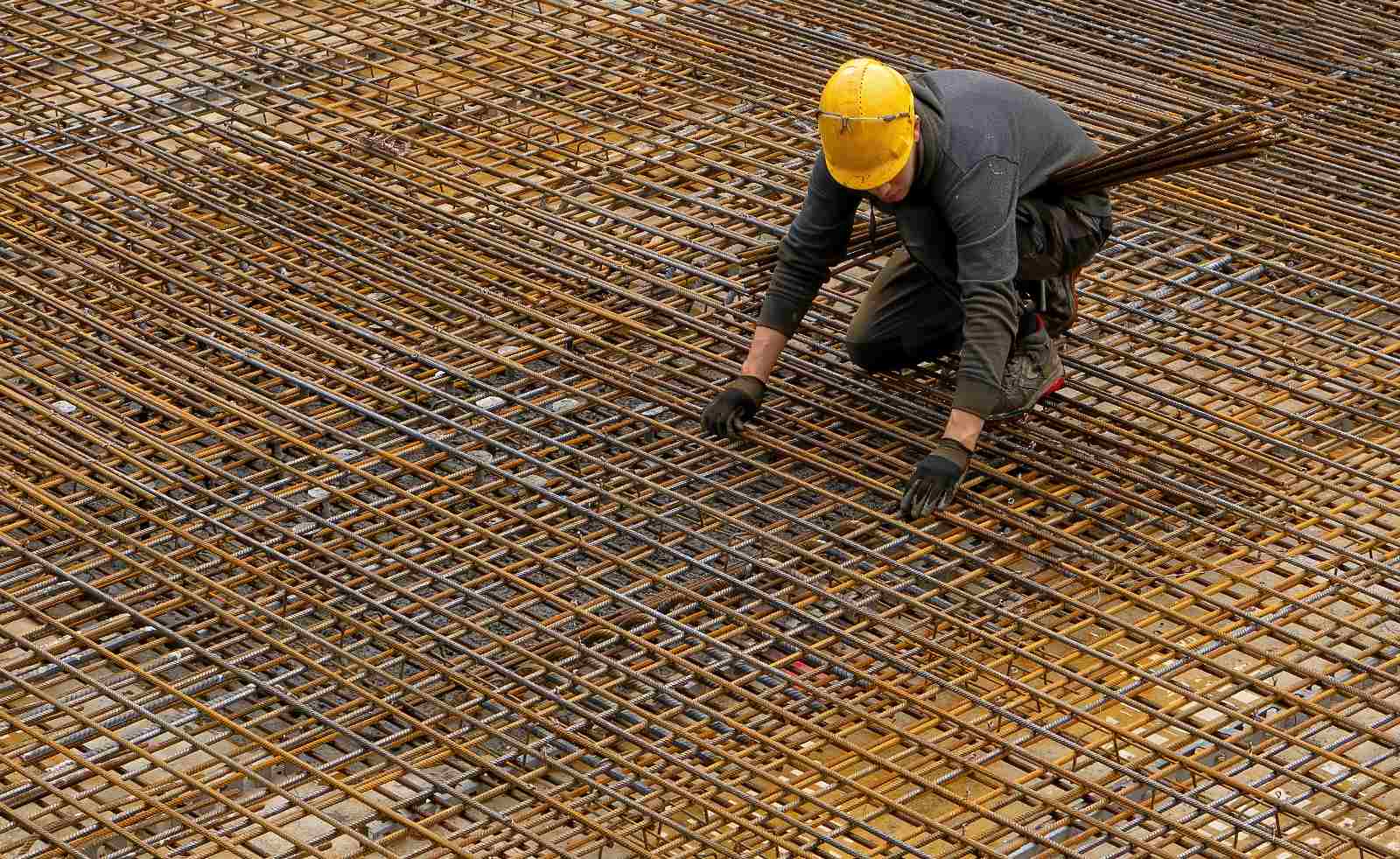Infrastructure in 2022 (pt 2): The year in investment

Infrastructure in 2022 (pt. 2): The year in investment. Despite having a year packed with strong headwinds, there were a few encouraging bright spots for desalination projects, major gas agreements, and an amped up PPP drive as the state looks to scale back its role in the economy.
The state’s privatization drive kicked into high gear this year: Prime Minister Moustafa Madbouly earlier this year announced that the government aims to privatize state-owned assets and expand the private sector’s role in the economy through a plan that is targeting to attract some USD 40 bn over the next four years. Since then, foreign companies as well as investment funds in the GCC and elsewhere around the world have shown interest in the government’s initiative to sell state assets in key areas like electric and gas utilities.
Electric and gas utilities companies are up for more opportunities as the state steps back: Renewable energy, EV charging stations and green hydrogen are among the sub sectors where there seems to be the most potential for private sector players moving forward. But private sector players still want to see more incentives for production, transmission, and distribution of electricity — especially in solar power generation and EV battery manufacturing. Electricity distribution in new cities are also expected to be ripe areas for partnership.
Desalination plants have been generating significant investor interest as well: Gulf sovereign wealth funds are among 28 bidders vying for contracts to build the 21 desalination plants the Sovereign Fund of Egypt (SFE) is tendering to the private sector. This is part of the government’s USD 8 bn desalination program, the first stage of which will see the government investing EGP 45 bn to build 47 desalination plants by 2025. So far, some 200 investors have purchased tender booklets for the projects.
Major gas agreements were in no short supply: EGAS signed an MoU with Chevron in June to explore ways to transport, import, liquefy, and re-export gas from the Eastern Mediterranean.
Only a few days prior it signed a separate landmark agreement that will see Israel send more gas to Egypt’s LNG facilities for re-export to Europe. The same agreement will reportedly also see the three sides cooperate on the “efficient utilization” of infrastructure to increase gas shipments to the EU, reduce methane emissions and explore carbon capture projects.
And LNG exports were up this year: LNG exports almost doubled to USD 3.9 bn in the first four months of 2022 and are expected to hit 8 mn tons, rising 14% y-o-y by the end of the year. Our daily production of LNG ranges between 6.6 and 6.7 bn cf/d, with exports hovering at around 1 bcf/d with export volumes expected to rise to 1.5 bcf/d in the next two years. Maximum capacity for LNG exports could reach 12 mn tons per annum in the next three years, Oil Minister Tarek El Molla said in May.
Other investments worth noting: Proposals for green hydrogen projects from international investors this year totaled a whopping USD 83 bn as interest in inking renewable energy agreements continues to grow. The World Bank approved a USD 400 mn financing agreement to boost the performance of the country’s transport and logistics sectors and support a shift towards low-carbon rail systems. Meanwhile, the Suez Canal Economic Zone’s (SCZone) Main Development Company (MDC) and DP World Sokhna signed an agreement to build a USD 80 mn logistics zone at Sokhna Port.
When it comes to public spending, transport was king: In the government’s FY2022-FY2023 budget transport gets the biggest portion of the budget, with EGP 307 bn earmarked for projects in the sector up about 25.3% from FY 2021-2022. Some EGP 176 bn are going to the National Authority for Tunnels, which is overseeing Cairo Metro upgrades as well as the high-speed electric rail and the monorail,
Housing, water and sewage come in second after transport in the government’s budget, with some EGP 294 bn earmarked for the sector, EGP 77 bn of which will go towards 60 new sewage projects to increase the network’s capacity and coverage across the country. An additional 180 projects to expand sewage networks in governorates, with an eye to reach nation-wide sewage coverage of 68% is also on the agenda. Meanwhile, some EGP 26 bn are earmarked for 64 new water projects focused on expanding existing water projects’ production capacity, marking a 23.8% increase from the current fiscal year and a significant reprioritization of the sector.
Amendments to the building violation reconciliation law could be a big opening for real estate developers: Recently approved amendments to the 2019 introduced building violation reconciliation law will help reassure construction companies and signal for more construction to commence Mohamed El Bustani, chairman of the board of directors of El Bustani Group and head of the Real Estate Developers Association in New Cairo and the new administrative capital told us earlier this month.
Your top infrastructure stories for the week: Three consortiums qualify for bidding on Alexandria metro project: An alliance of our friends at Hassan Allam and France’s Alstom is among three consortiums of local and international companies that have qualified to bid for the EUR 1.6 bn project to convert Alexandria’s Abu Qir railway into an underground metro.